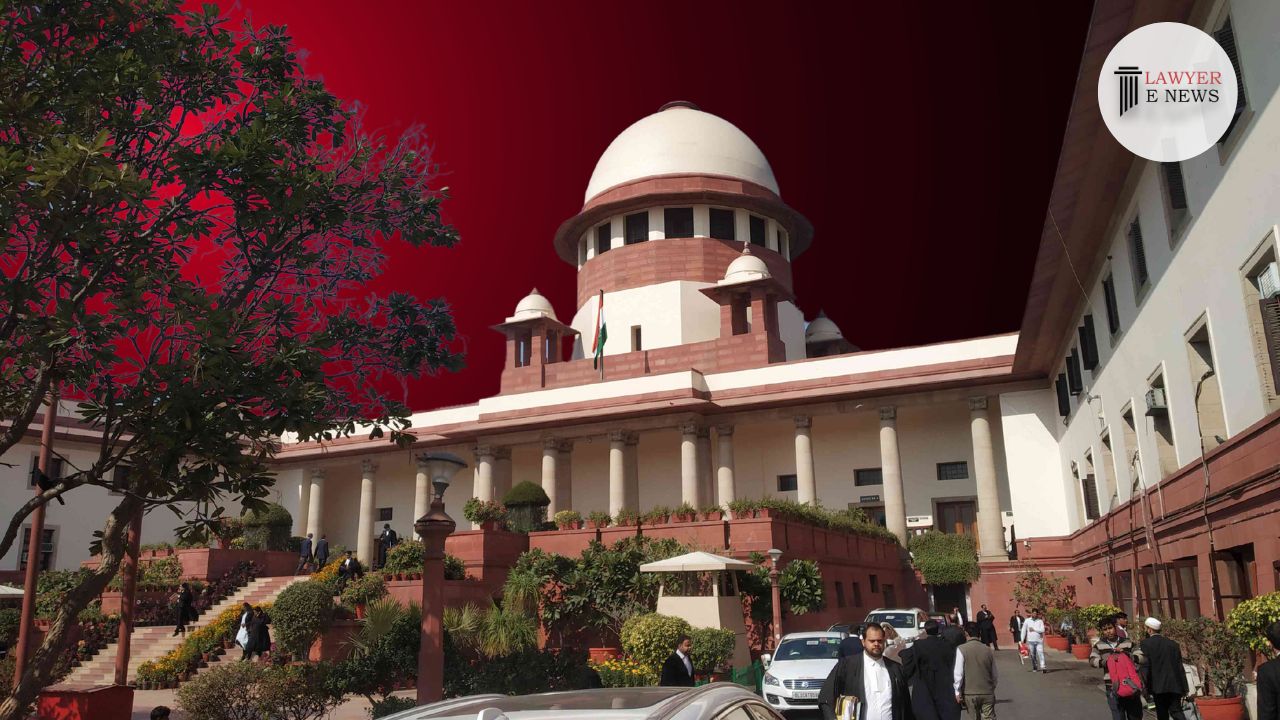-
by Admin
16 February 2026 1:47 PM



In a recent judgement, the Supreme Court of India acquitted the appellant, Davinder Singh, in a highly anticipated judgment delivered by Justice M. M. Sundresh. The court, while setting aside the appellant's convictions under Sections 376, 452, and 506 of the Indian Penal Code (IPC), emphasized the lack of convincing evidence and the non-examination of a key witness. The judgment, rendered on June 22, 2023, carries significant implications for criminal cases involving similar circumstances.
Justice Sundresh, in his ruling, highlighted the importance of scrutinizing the evidence and ensuring the presence of material witnesses. Referring to the non-examination of a crucial eyewitness, the court noted that the prosecution's case appeared doubtful. The judgment cited previous court decisions, emphasizing the need to draw adverse inferences against the prosecution when material witnesses are withheld. The court further pointed out that the non-examination of the witness, who could have shed light on the genesis of the incident, weakened the prosecution's case.
The appellant's counsel had raised various submissions challenging the prosecution's version of events. They argued that there was no recovery of the alleged weapon, no external injuries were found on the prosecutrix, and there was an inordinate delay in filing the complaint. The counsel further highlighted the absence of a motive and questioned the credibility of the complainant. The court acknowledged these concerns, stating that the evidence presented did not conform to the degree of probability required for conviction.
The judgment also criticized the High Court's analysis, highlighting its factual errors and cursory examination of the evidence. The court observed that the High Court had incorrectly attributed the offense under Section 376 IPC to the uncle's residence of the prosecutrix, contrary to her own testimony. Additionally, the court noted that the subsequent compromise between the parties, which occurred after the complainant's death, was not a significant factor to consider in the present appeal.
With the acquittal of the appellant, the Supreme Court's decision carries far-reaching implications. The ruling emphasizes the importance of thoroughly evaluating the evidence, examining material witnesses, and ensuring the credibility of testimonies. It serves as a reminder that convictions must be based on a high degree of probability and a conscientious analysis of the available facts.
Supreme Court has set aside the convictions against the appellant, acquitting him of all charges. The court's ruling underscores the need for robust evidence and the examination of material witnesses in criminal proceedings, serving as a landmark decision in the Indian legal landscape.
Date of Decision: June 22, 2023
Davinder Singh vs State of Punjab
